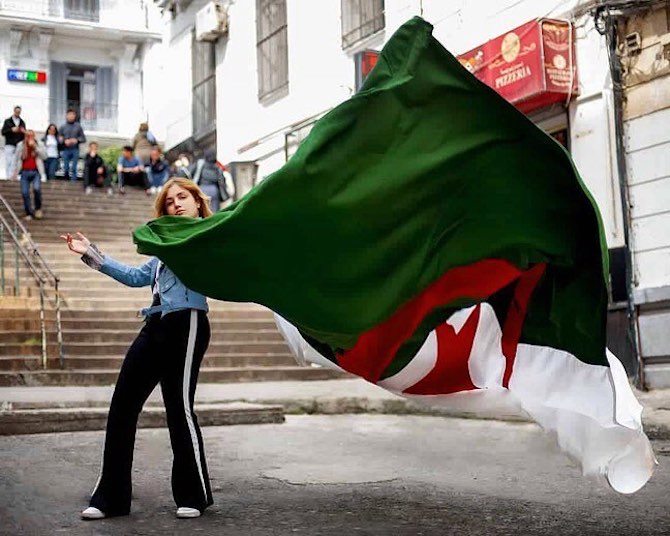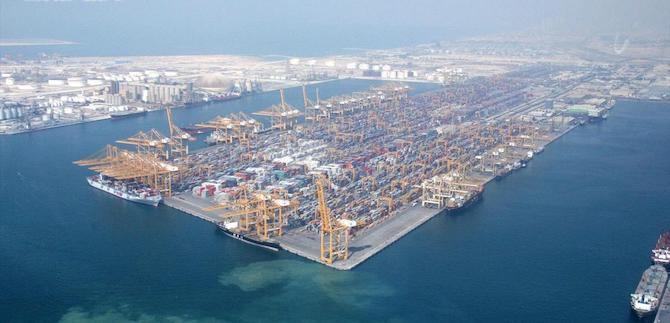by Katerina Dalacoura

The study of the international relations of the Middle East has traditionally been dominated by three issues: war/terrorism, oil and Islam. This continues in the post-2011 period and has been given a fillip by the civil wars which ensued from the collapse of the regimes in Syria, Yemen and Libya. Terrorism is still a primary concern, with al Qaeda and ISIS capturing most attention. Economic issues around oil and gas and the geopolitics of energy more generally are also at the top of the agenda, not least in the Eastern Mediterranean.
There are, however, four areas of study where developments have taken new interesting turns, partly reflecting concrete changes in the region: democracy, democratisation and political mobilisation; sectarianism and de-sectarianisation; the various strands of Islamism and their future; the state, state-fragmentation and the resurgence of nationalist identities.
A flurry of publications in the 2–3 years after the Arab Spring focused on democratisation and political transitions. This constituted a radical break from the preoccupations of the field up to that point, which were with explaining enduring authoritarianism in the region. Naturally, the Arab Spring forced analysts to reassess these works, but only for a short period of time. Optimism was quickly shattered as the Spring was followed by the Arab winter and a return to authoritarian politics with a vengeance, especially in Egypt.
However, democratisation and democratic transition remain an interest, particularly as Tunisia continues to be a relative success story in that regard. It may seem counter-intuitive to say that there is still hope for democracy and human rights in the Middle East in the current moment of profound pessimism, but the Arab Spring created new political aspirations and broke new paths, which will leave a legacy. Democratic transitions have not become institutionalised but barriers of fear have been overcome and there has been some learning with regards to political cooperation and mobilisation. ‘Politics from below’ or ‘contentious politics’ remains a concern at both the theoretical and political/activist levels. Moreover, female political mobilisation and assertiveness have added visibility to the question of gender equality and women’s rights. LGBT rights are also a continuing focus of activism, albeit perennially sensitive and difficult.
Resurgent authoritarianism in the years after 2011 was accompanied, both at the regional and domestic levels, by a bolstered sectarianism. There had been some interest in the international relations of the Middle East before 2011 in a reignited Arab Cold War. After the rebellions, a growing literature – albeit mostly non-academic – focused on the Sunni-Shi’a confrontation led by Saudi Arabia and Iran respectively, which was allegedly propelled forward by the Arab Spring and is being played out in Syria and Yemen. This simplistic narrative, which centred on a religious primordialism of sorts, has obscured the alternative explanations behind the confrontation which may be either geopolitical or ideological; the latter centring on different interpretations of Islamism ‘from below’ and ‘from above’.
Having said all that, there is growing attention nowadays to the concept of de-sectarianisation and the emergence of new identities, not least national identities. This academic interest reflects the observation that recent popular mobilisations in 2019–20, in Iraq, Lebanon and Iran, are against political structures, classes and forces which are perceived as self-interested, corrupt and the purveyors of sectarian identities. The message seems to be that people are fed up with the politics of ‘identity’ and yearn, instead, for better governance that would enable them to pursue their individual objectives (the very foundation of liberal politics).
There are echoes of the Arab Spring here and we appear to have come full circle back to what initially drove people out on the streets in 2011. Some recent academic and policy work has identified this more hopeful vibe coming out of the region, which could even indicate elements of a benign patriotism coming to the fore.
Another area in which interesting new work is being carried out is the study of Islamism. Immediately after the overthrow of Hosni Mubarak and Zine el Abidine Ben Ali, and other regimes in the region, and despite the fact that Islamist movements had not been instrumental in ‘making’ the Arab Spring, it appeared they would gain political advantage in the electoral contests that followed. Perceptions of Islamist success were quickly overturned, however, as electoral victories were followed by the downfall of the Muslim Brotherhood in Egypt and the Nahda Party’s loss of popularity in Tunisia; and other Islamist failures. The lessons learnt about how democratic or, more generally, political participation shape Islamist movements as political entities will enrich debates for years to come. For now, one conclusion is that the expression of ‘the popular will’ in Muslim-majority countries will not necessarily bring Islamist groups to power.
The study of extremist or radical Islamism, described by the neologism of ‘jihadism’, has also received renewed attention in the post-2011 context, with the continuing presence of al Qaeda and the even more catastrophic case of ISIS. The latter, especially, has caused a return of primordialist interpretations of Islam – a prime example here being Graeme Wood’s analysis of the movement as apocalyptic. However, on the other hand, pioneering research is being carried out on anti-clericalism, agnosticism, non-belief and even atheism in the Middle East (NMES), partly reflecting the drop in the levels of religiosity in the region.
A final focus of attention in the field of international relations of the Middle East in the post-2011 period is on the ‘state of the state’. There has been much facile talk in recent years about the collapse of Sykes-Picot, the 2016 treaty that supposedly created the modern Middle Eastern state system, ironically, partly as a result of the spread of the ISIS narrative. However, it is not clear whether those who are sceptical about ‘the state’ in the Middle East question the model itself or the boundaries of specific states in the modern period. The two can be contradictory, in the sense that disputing existing boundaries may mean that you want your own state very much: the Kurds and the Palestinians continue to yearn for one. The resurgence of benign patriotisms in the Middle East region, such as in Lebanon and even in Iraq, also points to the durability of existing state boundaries. The other side of the coin, however, is the break-up of primary state institutions, particularly in the core Arab states of Iraq and Syria. A number of analysts use the concept of ‘hybridity’ to describe modes of new governance produced by the fragmentation of national armies into militias or other constituent parts.
This is the second of a 2-part series on the study of the international relations of the Middle East since 2011. Part 1, titled ‘The Global-Regional Intersection’, is here.
This piece was originally posted on the LSE Middle East Centre blog.



1 Comments